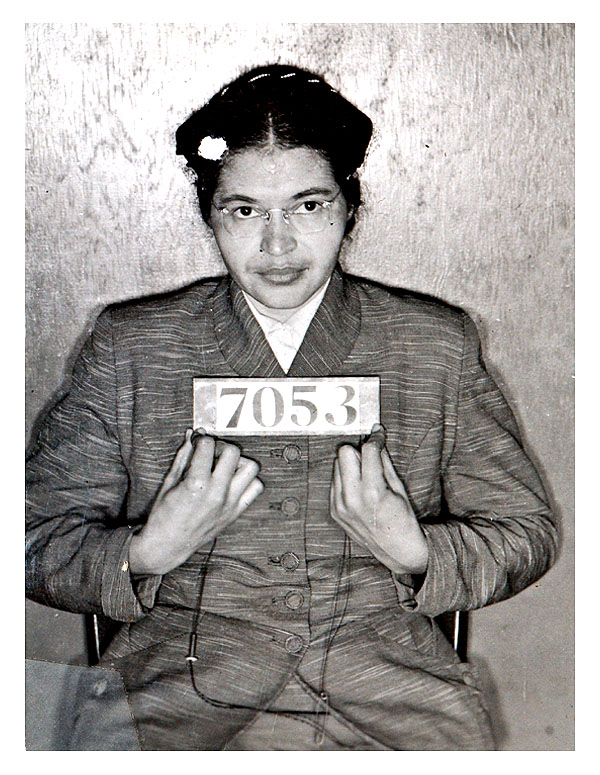 The Wisconsin Department of Transportation has not followed federal civil rights rules for at least seven years, according to an ongoing yearlong investigation. The department is now the subject of a lawsuit filed by the Federal Highway Administration’s Office of Civil Rights over an allegation that state officials have been discriminating against minorities by not including public transit improvements in the reconstructions of the Interstate 94, Interstate 894 and U.S. Highway 45 crossroads.
The Wisconsin Department of Transportation has not followed federal civil rights rules for at least seven years, according to an ongoing yearlong investigation. The department is now the subject of a lawsuit filed by the Federal Highway Administration’s Office of Civil Rights over an allegation that state officials have been discriminating against minorities by not including public transit improvements in the reconstructions of the Interstate 94, Interstate 894 and U.S. Highway 45 crossroads.
Civil rights groups have been arguing that state authorities have discriminated against urban minorities without cars by selectively favoring the reconstruction of highways that benefit white suburban areas and ignoring transit projects, such as buses and other forms of public transportation.
Marquette College of Communication sophomore Erika Force agrees with the premise of the lawsuit.
“I do notice that a lot of time and money is spent on improving the highways that lead to suburban areas,” Force said. “I think it would be nice to have the money divided more evenly so that inner city areas in places like Milwaukee can have nicer highways as well.”
Those in favor of the lawsuit cite Title VI of the Civil Rights Act of 1964 as a legal basis for their complaints. The act forbids discrimination on the basis of race, color, gender, national origin, age or disability by agencies that receive federal funds.
The lawsuit argues that the Transportation Department focused on staff diversity as an anti-discrimination effort by hiring disadvantaged businessmen but neglected to see how other policies and programs could be discriminatory, and according to Karyn Rotker, a senior staff attorney of the American Civil Liberties Union of Wisconsin, this is a problem.
Rotker said she learned last year that agencies like the Department of Transportation are required to have an annually updated Title VI compliance plan, but when she asked for a copy of the plan, she saw that it was dated back to 2004.
In a 28-page final report sent to state officials, the federal agency claimed that the 2004 civil rights plan is not in line with federal rules. As a consequence, the report stated that the department is “being placed in a deficiency status” and will have 90 days to bring its procedures up to federal code.
Rotker said she was not satisfied with the state’s plan, which she called “grossly inadequate and grossly deficient.”
In a stark contrast to Rotker’s claims, state Department of Transportation spokeswoman Peg Schmitt alleged that the investigation was “a routine compliance review” and affirmed that the state “is now in compliance” with the federal requirements Rotker brought to light, according to the Milwaukee Journal Sentinel.
Investigations of possible Title VI violations have been occurring frequently, and Federal Highway Administration spokesman Doug Hecox said his agency is currently conducting 25 investigations concerning Title VI. This pales in comparison, though, to the 160 investigations of possible violations of the Americans with Disabilities Act. Force said that context is important in considering this case.
“I think it is important to keep things in perspective,” Force said. “There are many problems with federal spending, and regardless of the outcome or whether anyone is guilty of anything, it is a good thing to look into.”










